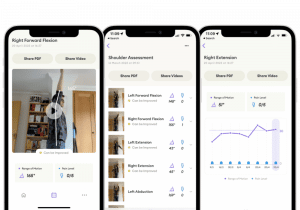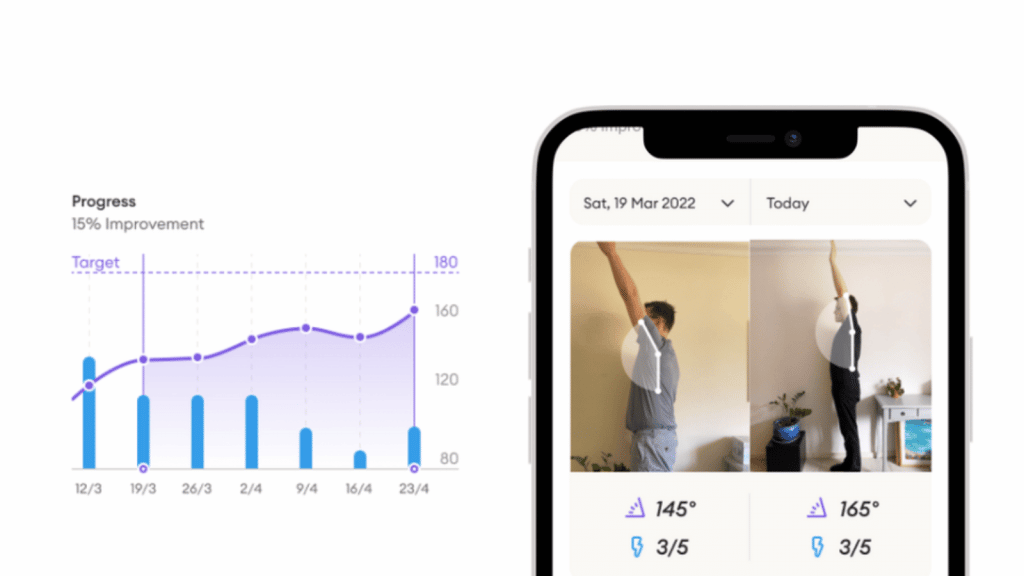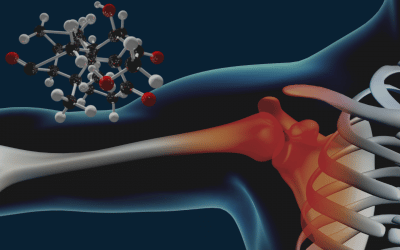Ideally, a check X-ray is taken at 6 weeks to see the development of the callus after a fractured shoulder (callus on an Xray gives you an idea about the progress of bone healing). Full mobilisation is started at 6 weeks. However, because driving involves jerky movements which can displace the fracture again, it is delayed. Depending upon the surgeon, therapist, and the patient’s healing, driving can be started anywhere between 6 to 12 weeks.
Are you safe to drive?
Shoulder range of motion required to drive a car:
Forward Flexion 14º to 54º: moving your arms up in front of your body. For reference: when holding your arms straight in front of you, parallel to the ground, your shoulder flexion is at 90º, and 180º with your arms straight up in the air.
Abduction up to 18º: moving arms away from the side of your body. Abduction of 180º is when you have both your hands facing the ceiling and your arms are parallel.
Adduction to 9º: this is the opposite movement from abduction, but you are engaging the muscles to bring your arm towards the body.
Shoulder rotation: from 6º external rotation to 32º internal rotation.
Source: Defining the upper extremity range of motion for safe automobile driving
Shoulder range of motion required to drive a car is less than the average range of motion of the shoulder.
How to Measure your shoulder range of motion
You can measure your shoulder range of motion today for free using our Shoulder Mobility App called Reflex. You can use this data to see if you are ready to drive or plan your recovery.
Click here to measure your shoulder range of motion

Forward flexion, internal rotation and forearm rotation have been shown to be key upper body movements to drive safely. You can measure your shoulder range of motion using Reflex.
Driving safely after shoulder surgery will require range of motion and strength to have returned to your shoulders, with the range of motion figures above determined by Aziz Rawal and his team.
These range of motion measurements are taken from the complex shoulder movements while driving.
To avoid simulated hazards, the steering wheel revolved 57.2°. The key movements in hazard avoidance are shoulder flexion, shoulder rotation, forearm rotation and wrist deviation.
Check that you meet the physical requirements to drive safely after shoulder surgery:
- Flexion range of motion scores Zero pain up to 54º
- External Rotation up to 6º
- Internal rotation up to 32º
You can measure yourself now using the Reflex Shoulder App. If you’re not quite ready yet, you can track your recovery progress to get an estimated recovery time. You may not be able to drive, but you can still make plans with your friends and family.

Click here to assess your shoulder using Reflex Health

